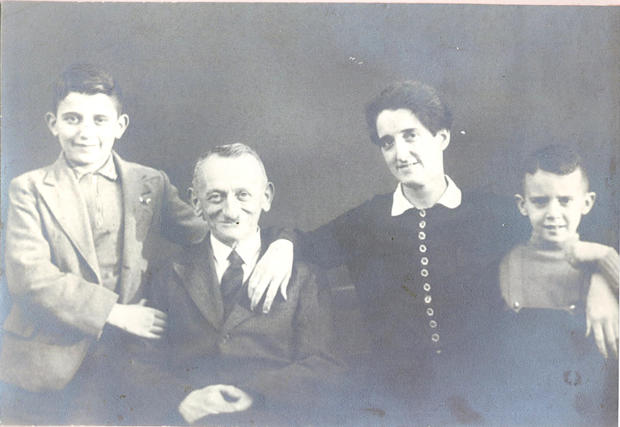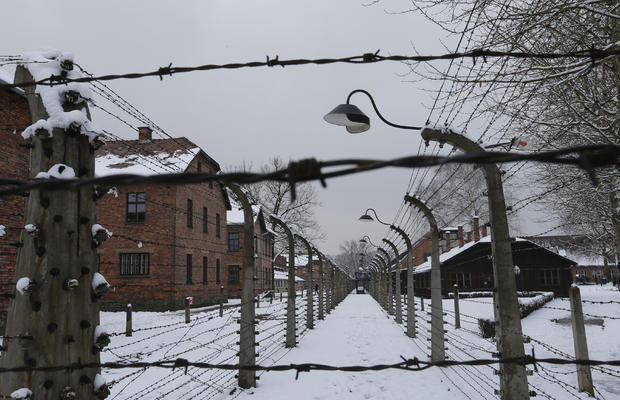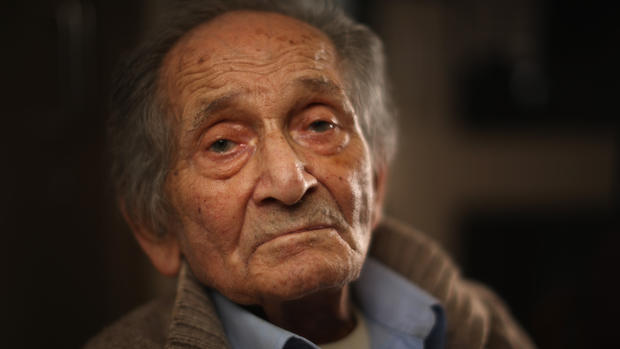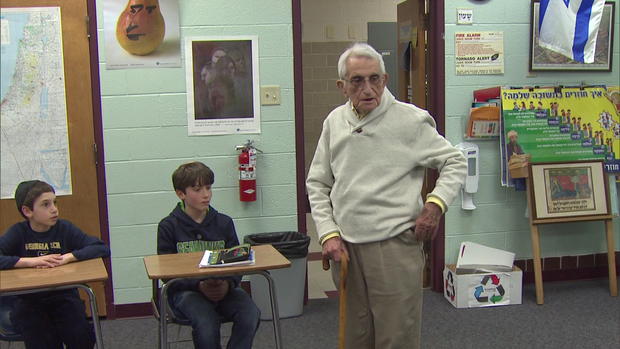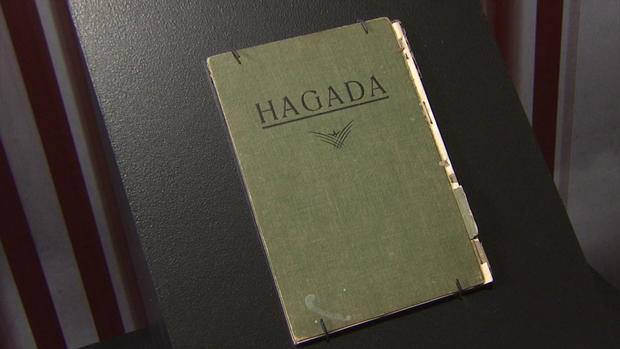Auschwitz survivor: "We are here"
CINCINNATI -- This is the last picture Werner Coppel has of his parents and brother at their home in Germany. The last time he saw them was 1941.
"I said goodbye to 'em and never to see or hear from them again," Coppel said.
On April 20th, 1943 - Adolf Hitler's birthday and the first day of Passover - Coppel arrived at Auschwitz.
"A lot of commotion, hollering, shoving, dogs, whips," recalled Coppel. "And the first command we heard was, 'women and children to the left, men to the right.'"
For the next 20 months the largest death camp in the whole Nazi empire was his home, where this German Jew toiled as a slave laborer.
"We had to appear naked in front of an SS officer who, with one look, would decide if that prisoner was still able to work," said Coppel. "And if that prisoner would not be able to work, he would be sent what we called in prison language, 'going through the chimney,' being gassed and being burned."
He remembers the fear and the hunger.
"Our thoughts were where can I get something to eat? Where's the next garbage can?" he said.
Coppel, who will be 90 next month, was lucky. Of the 1.3 million people sent to Auschwitz, 1.1 million died there. In January, 70 years ago on a forced march, he escaped and found shelter with other Jews in a farmhouse.
"Always one of us was on the second floor looking out because we were afraid the Germans may come back," remembered Coppel.
But they never did. Coppel was free and eventually made his way to Cincinnati. Nowadays he shares his memories with a new generation.
We caught up with him at an exhibition sponsored by Cincinnati's Center for Holocaust and Humanity Education. That's where he paused to look at a prayer book. The one that was hidden in a Jewish cemetery in Berlin during the war -- the same one he read aloud at Passover in the German capital almost a year after Hitler's suicide.
"I'll tell you what we were feeling," he began. "You try to get rid of the Jews, you try to destroy the Jews. We are here."
And their story can still be heard.
The exhibition is a partnership between the Center for Holocaust and Humanity Education, National Underground Railroad Freedom Center and Cincinnati Museum Center. The artifacts are provided by the Steven F. Cassidy Collection.
